If you’re a woman trying to make sense of your husband’s behavior or struggling with feelings of worth tied to how you look, understanding what is featurism might bring much-needed clarity. Here are 3 things to know.
To know if you’re experiencing any one of the 19 types of abuse, take our free abuse quiz.
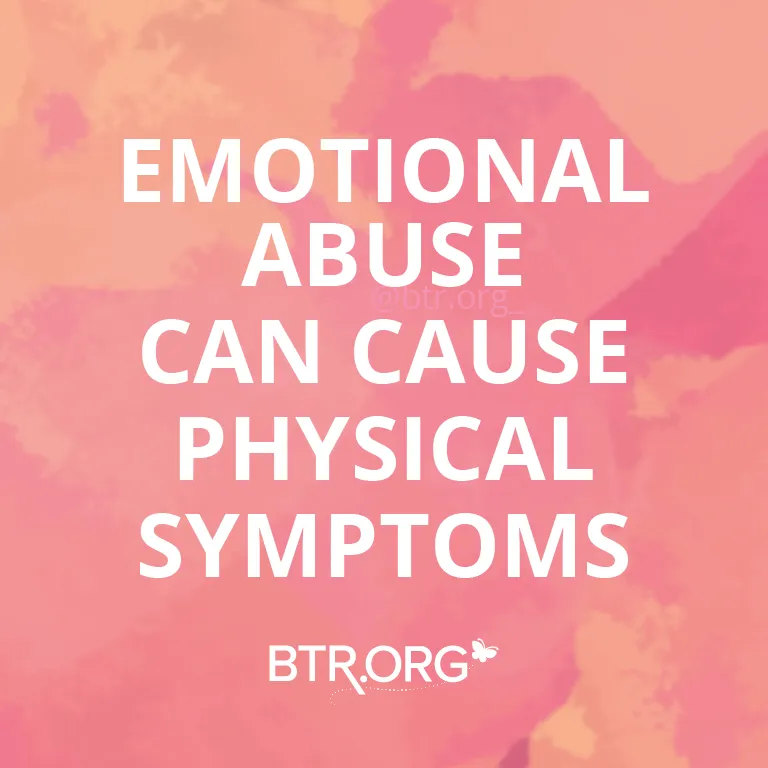
Featurism, also known as feature-based discrimination, is the practice of valuing and prioritizing certain physical features over others. Featurism is when people think certain looks, like skin color, body shape, or facial features, make someone more important than a person without those features. If your husband is the type to objectify women, he may treat you poorly and tell you it’s because you lack certain physical features.
1. Featurism Affects Women From All Backgrounds But Hits African-American Women The Hardest
Featurism is a form of discrimination that judges a person’s value or beauty based on specific physical features. For example, preferences for Eurocentric features, such as straighter hair textures or smaller facial features, over others. Unfortunately, this form of discrimination disproportionately impacts African-American women, tying into an already lengthy history of systemic bias and racism.
While featurism explicitly highlights inequity, it also causes harm across all demographics. Any woman, no matter her background, can feel reduced to her physical appearance, and this judgment often feeds into insecurities and self-doubt. When it comes to women in abusive relationships, these insecurities can be manipulated and exploited by their partners.
An abusive husband might compare a woman to societal ideals or even other women. Saying things like, “I’m not attracted to you since you gained weight.” Or “I’m not interested in you since you cut your hair.” His goal is to objectify systematically and lower a woman’s confidence. That’s his goal.
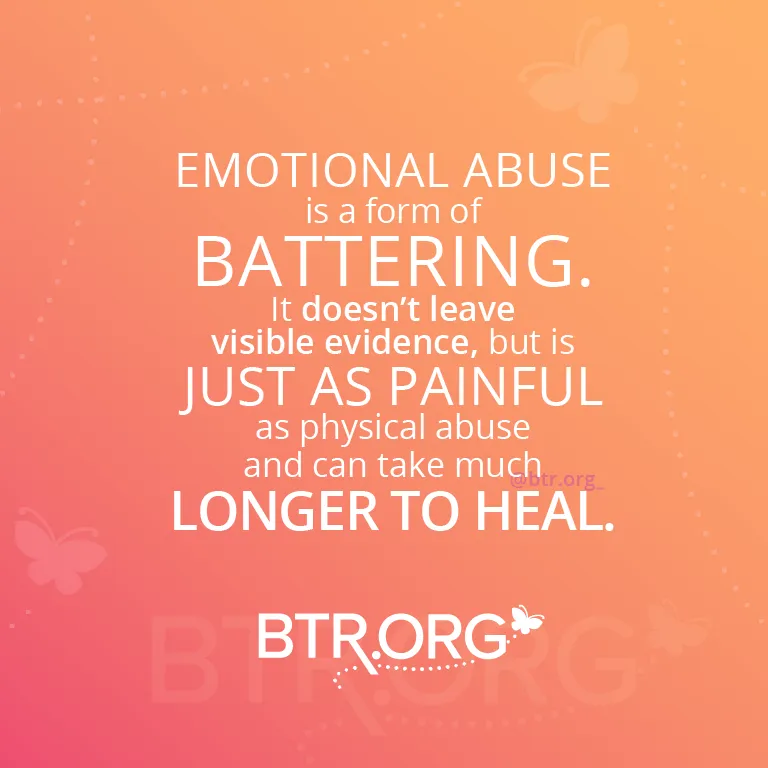
2. Featurism Is Used To Exploit Women By Manipulation
Abusive men often weaponize featurism to make women feel they have to hustle for love, respect, or even basic decency. The goal? To keep her feeling unworthy, ensuring she over compensates “proves” her worth. Through her domestic labor, emotional availability, or even sex on his terms.
This manipulation might sound subtle, but could look like this in real life:
- He convinces her she needs to look a certain way to “deserve” his affection, leading to excessive dieting, grooming, or even cosmetic procedures.
- He may say things like, “If you just put in more effort, I’d be more interested in you,” while continuing to withhold love or affection, regardless of her efforts.
Over time, this creates a toxic cycle where the woman feels she must constantly do more to measure up, to satisfy someone who will never truly be satisfied. It’s an intentional control strategy designed to exhaust and weaken. You need support If he’s oppressing you by his exploitation. Check out our daily online Group Session schedule.
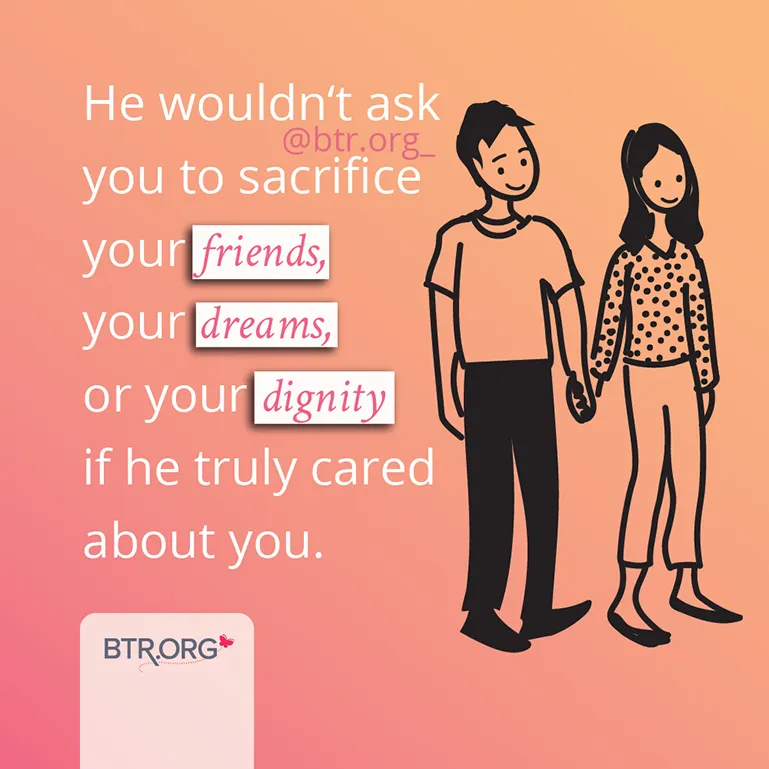
3. What Is Featurism? Objectifying Women Is A Tactic to Keep Them Oppressed
Featurism is a long-standing societal tendency to reduce women to their physical attributes, framing them as objects rather than fully realized individuals. For abusive men, this is an effective way to maintain control. By keeping a woman focused on external validation, he ensures she doesn’t focus on anything that threatens his authority—like her career, self-worth, or independence.
If your husband judges your worth based on your appearance alone, it will chip away at your sense of self and keep you stuck in a constant state of trying to “meet expectations.” Featurism doesn’t just affect women married to narcissistic men, it obstructs equality at large. Women’s contributions, intelligence, and potential become overshadowed by their physical appearance, restricting their progress both at home and in the workplace.
Featurism is often a hidden tactic within larger patterns of emotional abuse and control. When you recognize how he uses it to manipulate and oppress is a powerful first step toward reclaiming your confidence and freedom. You deserve to feel valued for who you are, not just how you look. To learn how to deal with this type of abuse in a strategic way, enroll in The Betrayal Trauma Recovery Living Free Workshop.
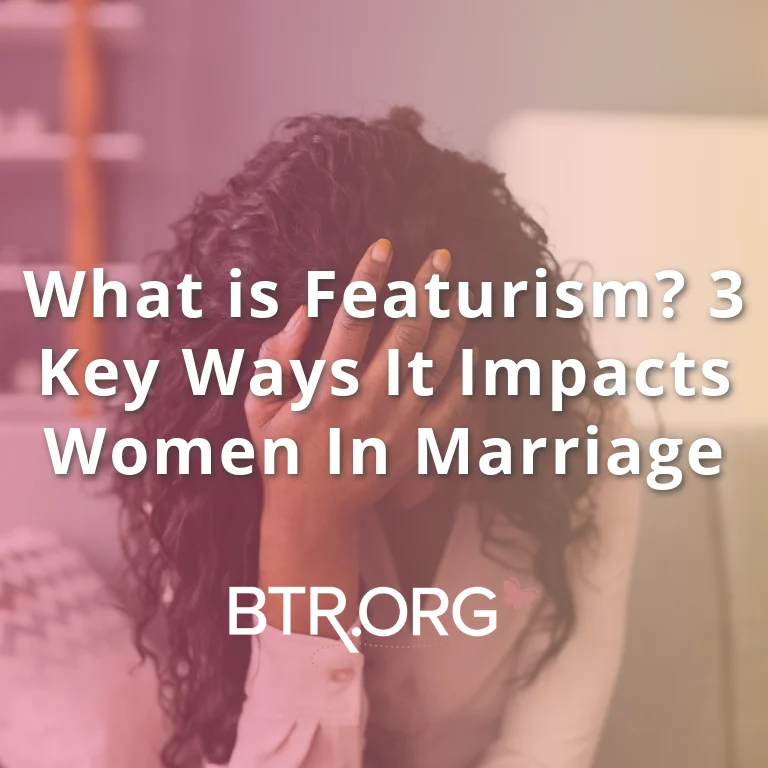
Transcript: What Is Featurism?
Anne: We’re going to talk about that today with Dr. Jones. Featurism is basically the practice of valuing or prioritizing certain physical features over others.
Dr. Natalie Jones is here to talk about some of these issues. She received her Master’s in Clinical Counseling Psychology and her Doctorate in Clinical Psychology. Welcome, Dr. Jones.
Natalie: Thanks for having me on. My dissertation study was on African American women. Their parents psychologically abused them while growing up. And I identified certain elements of narcissistic abuse. Some examples would be colorism and featurism. Colorism, goes way back. It’s a comparison to whiteness and how closely a person of color or a black person relates to a person that’s white. That is then translated to be goodness or worthiness.
So for example, if I have more white presenting features, such as long straight hair, or I have light colored eyes or light colored skin. Certain people perceive me as a better version of a black person than someone who may be darker skinned or brown skin or doesn’t have those types of features.
People called it the paper bag test back in the day. That means Folks would compare their skin color to the paper bag. If you were darker than the paper bag, you were perceived not to be as beautiful or not as worthy. So that’s something specific to people of color.
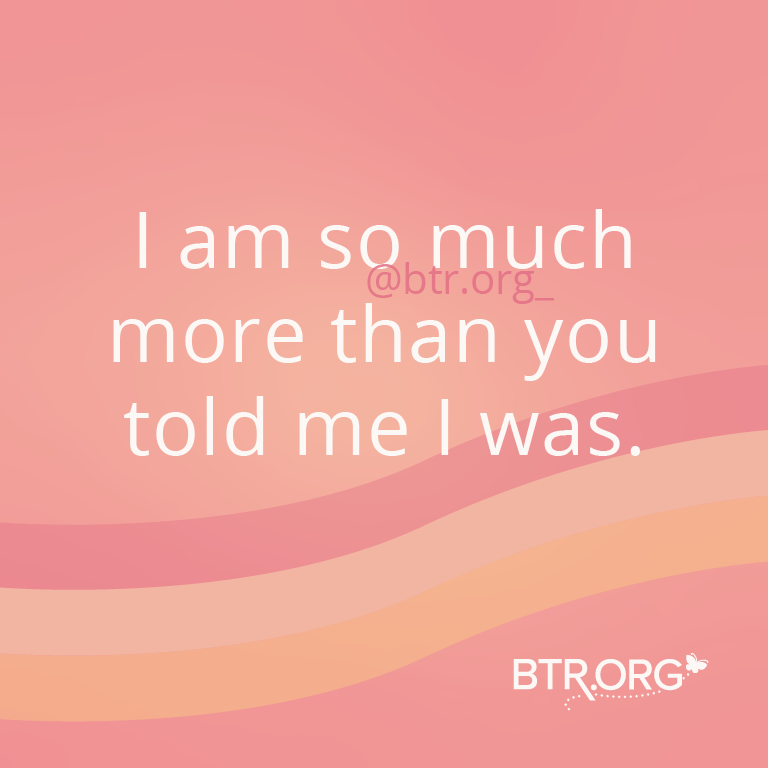
Colorism In Narcissistic Families
Natalie: Where there’s this perception of lighter skin or what traditional white features is perceived as being better. I can’t make a broad general statement for every family, because colorism presents differently. In the traditional narcissistic family, you have the child, the golden child can do no wrong. And then you have the child, a scapegoat who Is blamed for everything and all of the family problems .
So when you have colorism at play, traditionally speaking, a lighter skinned child, more often than not, is the golden child. So they receive better treatment, more compliments, and people tell them they’re more beautiful. Whereas the scapegoat may be the darker or the brown skinned child. They may be perceived as not as beautiful, put down, degraded more, or comments made about their skin color. And receive just poor treatment.
Colorism is not just African American specific, it occurs in other families of color. And other races, ethnicities, and cultures of color. So I don’t want to put that out there that it’s not on a societal level. Colorism is something society grows to accept, and perpetuates. So what you actually see is an internalized racism that’s pushed within cultures.
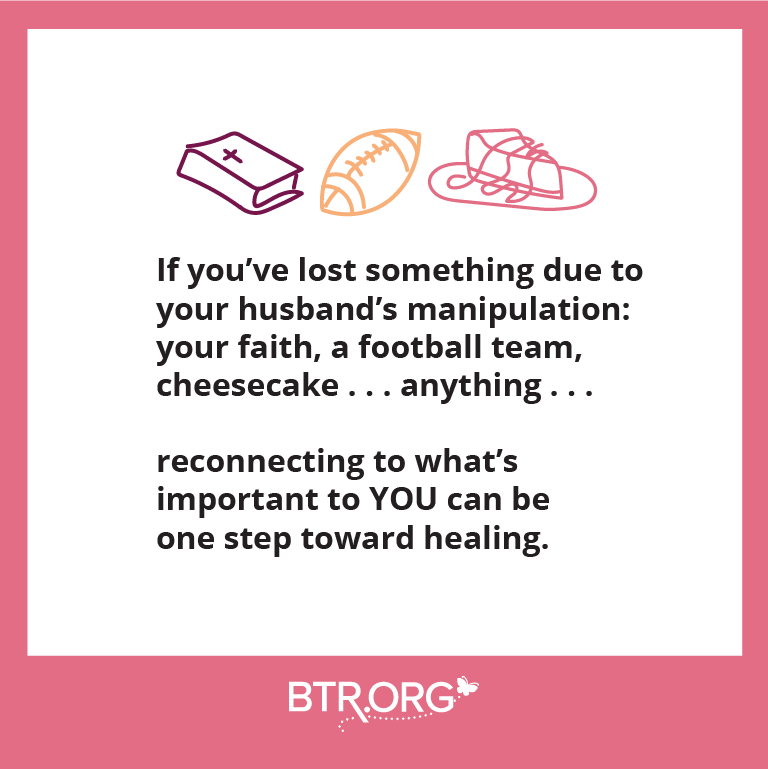
It would be comparison or breaking a person down. Degrading a person based on what their body features are. So, for example, if your nose is bigger, or you are bigger in size, or perhaps have a bigger butt. Those things sort of breaking a person down based on features and degrading them based on features.
Texturism was another one. So again, very similar to colorism. Texturism is specifically about the types of hair African American women have. So some hair is perceived to be, again, beautiful or better than other types of hair.
What Is Featurism? Abuse Patterns & Societal Trends
Natalie: And so again, featurism is going back to qualities that are more white centered, being perceived as the standard of beauty. So if your hair is longer, if your hair is straighter, it’s automatically perceived to be much more beautiful. And the patterns of abuse attacking women and making them ashamed, and just breaking down their self esteem. And also making conditions of love, worthiness, or acceptance based on these types of features.
My research showed that typically speaking, you will have much more severe abuse with an intimate partner. Than you did in your family growing up. And this still remains the trend for many women of color today. It’s interesting, because I’m actually seeing it become a trend on TikTok. One of the things I noticed in the research I just talked about with my participants is that their partners did not like women of color.
So their partners actually preferred other types of women based on standards of beauty, which is what they’re told. But their partners, they did not like women of color, and I think they did not like women in general. Maybe think about someone who’s misogynistic. So a misogynist does not like women, right? So even though they may partner with someone, they tear everything down about that person. Or they tear everything down about that culture of that person.
So part of it is just breaking down that person’s being. They could say, oh, women, they’re too angry, too assertive, too headstrong, and can’t be controlled by their man. They need to be more submissive, thinner, have better hair or better presenting features to look like this.
Red Flags In Relationships
Natalie: Even though they’re together and that person may have sex with you. They’re basically telling you daily that they hate everything about you, and they’re breaking that part of you down. It’s the same as a typical narcissist, right? But if you are ever dating someone, that is making statements about a race, that’s featurism. Especially their own race, and how they hate everything about it. For me, that is a huge red flag.
If a woman is dating a black man, and he says, I hate black women, or I don’t identify with those people. That is a red flag, because he has a mother. He may have an aunt, grandmother or sister.
Anne: Yeah, that’s problematic. So I’m white and I have a lot of white friends.
Natalie: Yeah.
Anne: That same thing happens, but it’s generally not related to race, but it’s you’re not skinny enough, you’re too outspoken. This is why I created my betrayal meditations. Do you feel like that’s an extra burden for women of color to carry?
Natalie: Absolutely.
Anne: Because at least for all the white victims I’ve talked with, no one’s ever brought up race in relation to it. So, they’re adding an extra burden of race.
Natalie: Absolutely, most victims of abuse will spend a lot of time trying to change and mold themselves into someone worthy, because that’s what abuse does. And if you take a step back and look at it, not only from a micro level, meaning like just your family and people around you. It’s a bigger issue, because it’s also on a systemic and societal level. Traditionally speaking, there is a sense of oppression, and there is that sort of unspoken message that whiteness is better.
Systemic Oppression & Societal Messages
Natalie: Although, it becomes a sense of privilege when people can’t see that. Because that’s never been something they’ve ever had to worry about. Even just taking a look through your high end fashion magazines, what are you going to see? It’s on reality television. Those messages that you see. Absolutely. It’s something that women of color experience daily.
One of the things to remember is that society also backs that message up. Which also makes it much more difficult to overcome those types of oppression.
Anne: For all my wonderful black friends listening, let’s say like if you’ve listened to this podcast for a long time. You’ve heard women from all different races, religions, and areas of the planet. All of us are experiencing narcissistic abuse in ways that we’re not enough or too much. What is featurism? We’re all learning how to recognize victim blaming. One of those things, we’re, we’re never just right. And so knowing that you have an extra layer of burden. Also know that they’re not going to be happy with anything.
So even if he dated a woman, he deemed “perfect.” He said she had the perfect nose. And she had the type of skin color he said was attractive. He’d still be undermining her in so many ways, and he might be attacking the way she looks. He might be undermining her. There is no way to win. Because it’s not about anything else other than him maintaining power over and trying to put her down in any way he can.
At Betrayal Trauma Recovery, we do not diagnose anyone. I created BTR for women victims of emotional and psychological abuse and sexual coercion. Sexual coercion is usually in the form of someone using pornography and not informing their wife about it
What Is Featurism? Focus On Victim Safety
Anne: And then she’s not able to give consent. As women victims come to us for help, we don’t diagnose their abusers. Because many victims come in and read something on the internet. And they’re like, oh, he’s a narcissist. And sure, he’s definitely acting like a narcissist. Or he’s got an addiction. And yes, he’s meeting the criteria for that. But instead of focusing on what’s causing these types of abusive behaviors, we focus on victim safety.
Are you emotionally, psychologically, and sexually safe?
Natalie: Yeah. I mean, what do you need a diagnosis for? Like figure it out for what? Like logically and rationally, what do I need that for? What is that going to get me? Usually when I encounter someone with that question, or that train of thought, that is still someone operating in survival mode. Every day that you’re being abused, or brutalized, or with someone taking advantage of you, you’re surviving. Although you may not feel like it, you still are surviving. That is that mentality.
Someone who’s oppressed has that mentality. It’s like, what can I do to fix this situation? Because someone who is abused is always told it’s their fault. And they need to fix something, right. That is the mindset when someone’s abused, that you need to fix someone else. Or if you have some answers, you can fix this person, or this person can get some help, or this and that and the other.
Having your own autonomy is you figuring out what’s going on with you and what you need in this moment. There’s nothing wrong with this man cognitively. So there’s no reason that cognitively they can’t get their own help.
Empowerment & Realization
Natalie: If they want to, they will. So I would encourage you to think about what do you need? What is happening to me? Honestly, if you pay attention to yourselves. You can say, this person isn’t treating me well, this person is putting me down. And other people may help this person abuse me, put me down, or silence me. And that’s the information I need, that I don’t feel good about what’s happening here. They are hurting me, and I don’t like that.
And I think that is a much more empowering way to realize what’s going on and take care of yourselves. But when you ask questions like, is my partner a narcissist or is narcissism a mental illness, or what can I do to help them? You are typically looking at ways to help that person and not help yourself. That’s the whole premise of abuse being told you’re the problem. And so you need to fix it. An abusive person is constantly projecting the blame on you.
And telling you that you need to do X, Y, and Z to be good enough or worthy enough. Or for them to even consider loving you, right? And then they always change the goalposts. So again, that survivalistic thinking. That’s what you are conditioned to do. Because that’s all hammered into you. Whether it’s academics, like your grades need to be good enough, it’s you need to look pretty enough.
Or maybe you need to cook everything, clean everything, bend over backwards every day, and it’s still not good enough. And that’s why I always encourage people to look at the factual information and write it down on paper.
Focus On The Facts
Natalie: Like what are the facts? Not what can I fix, what it should look like, or what do I want it to be like?
Anne: Or even what is he saying, because he’s gonna be saying stuff.
Natalie: Right.
Anne: Don’t even write that down. Don’t include his words as facts.
Natalie: Right, if he’s saying something but doing something totally different, that’s a fact. Like if he said, I’m going to be at your house Tuesday at nine o’clock, and he never showed up.He never showed up, that is a fact. But he lied and said he was going to do something else. That is a fact, right? And so just sort of writing down the facts, just what are the facts? Pay attention to how you feel.
Many times when people reach out to counseling, they’re focused on anxiety. And you know, my partner’s not communicating with me. So it’s important to pay attention to how you’re feeling. You need someone who is very objective, who is in the trenches with you, because there are some therapists that aren’t as good, aren’t as qualified to suss out abuse. Because we’re not thinking realistically about how dangerous a person is. We’re just thinking that we want to fix it.
Sometimes it could be a life or death situation that you don’t need to fix. You just need to get out, or otherwise the outcome isn’t going to be good for you. And that’s specifically why I say you need someone who’s realistic, objective, and can tell you. This person is significantly disturbed, and I need you to pay attention to what’s going on here. Because when you’re in it, you’re thinking in survival mode.
What Is Featurism? Get Support
Natalie: If you think you are experiencing featurism, You need someone who is objective, in reality. Focus on getting some support if you can, a lot of narcissistic abuse focuses on isolating you. If you can get your support online, this podcast has a handle on it, because not everyone understands.
Anne: Yeah, it’s hard to find the right support, which is exactly why I started podcasting. So yeah, you get it. Dr. Jones, thank you so much for spending time talking with me today.
Natalie: Absolutely, thanks I appreciate it talking to you.




0 Comments